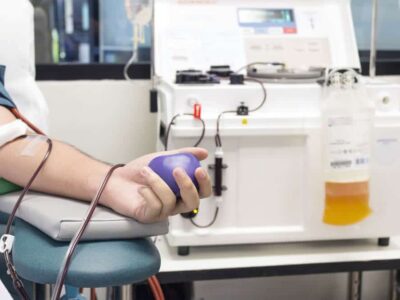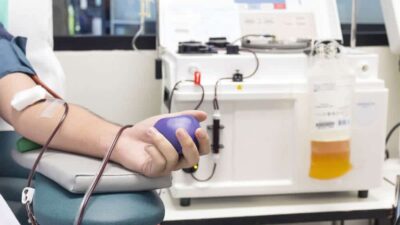
Patient engagement has become a cornerstone of modern healthcare. With the rise of technology and a growing desire for more personalized care, today’s patients expect much more than routine checkups—they want meaningful communication, accessible tools, and proactive involvement in managing their health.
Healthcare providers are responding by incorporating innovative digital strategies that improve connection and foster trust. Many patients now begin their healthcare journey online, searching for providers, reading reviews, and scheduling appointments with just a few clicks. This digital-first approach extends into the clinical experience through apps, wearables, and telehealth services that support daily health monitoring and communication.
Patients increasingly rely on tools like health tracking apps, medication reminders, and wearable fitness devices. These solutions help individuals stay informed about their conditions and offer real-time data sharing with providers. Mobile health (mHealth) innovations allow physicians to offer better support, spot early warning signs, and intervene when necessary—all without requiring an office visit.
One of the most impactful tools is telemedicine, which eliminates geographic and scheduling barriers. Patients can consult their doctors virtually, ask questions, and receive treatment recommendations from the comfort of home. This level of convenience makes healthcare more accessible and helps build trust over time.
Health systems also benefit from segmentation technologies that allow them to organize patients by demographics, conditions, or care plans. Targeted communication can then be deployed, delivering information tailored to each group’s needs—whether that means blood pressure management tips for hypertensive patients or vaccination reminders for families with young children.
These changes are also influencing the rise of personalized care models. For those who want consistent, on-demand access to their physicians, concierge medicine services provide a more individualized experience. With concierge care, patients often receive extended appointment times, wellness coaching, and 24/7 direct communication with their healthcare providers—key features that dramatically increase engagement and satisfaction.
The healthcare landscape is evolving, and patient expectations are changing with it. By leveraging digital tools and enhancing accessibility, providers can foster stronger patient relationships, improve outcomes, and deliver care that’s more aligned with the way people live today.












